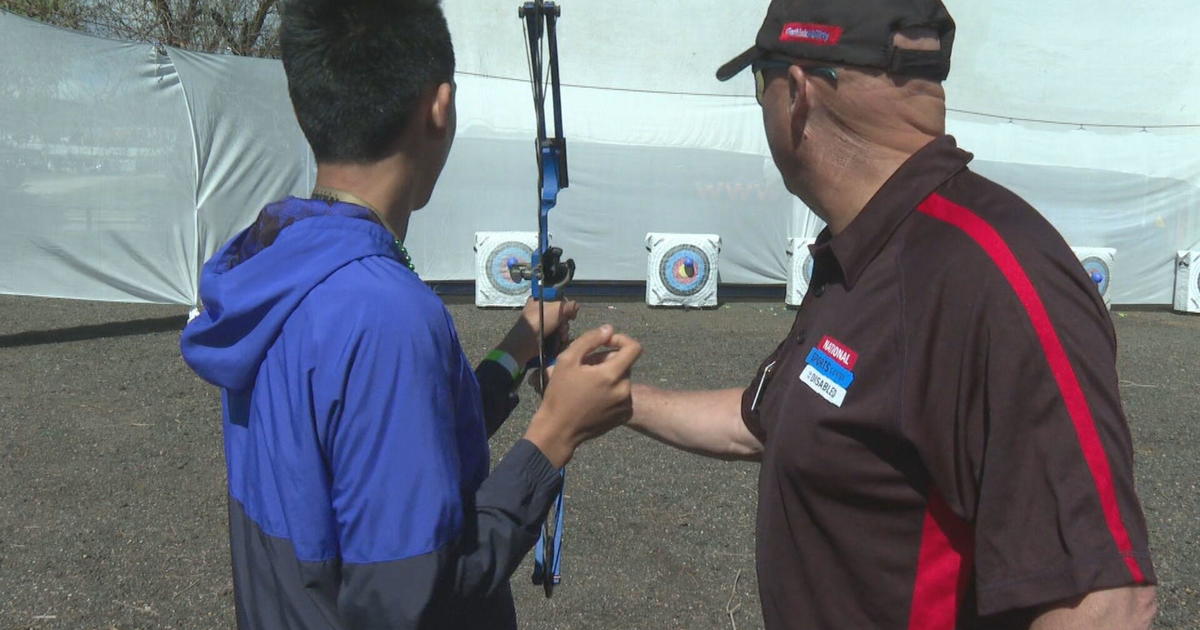
Uncovering Academic Misconduct: A Billion Dollar Concern for US Research and Integrity
Over the past decade, the US government has spent $471 billion on academic research. However, recent reports have revealed that a significant portion of this funding has been tainted by errors, plagiarism, or fraud. Some of the country’s most prestigious universities and research institutions, including Columbia University, Dana-Farber Cancer Institute, Harvard University, and Stanford University, have been embroiled in scandals as a result.
The increase in detection of academic misconduct is partly due to the efforts of data investigators who use detection software to uncover misconduct. However, experts believe that cases of academic misconduct are likely underreported as only a fraction of retractions are attributed to honest mistakes. This is troubling as only a small percentage of retractions are due to honest errors. This suggests that deliberate misconduct is a significant issue within the academic research community.
This trend has led to concerns about the quality and integrity of academic research. The fact that some of the most respected institutions in the nation have been implicated in these scandals highlights the magnitude of the problem. It is important for researchers and institutions to take steps to address this issue and ensure that they maintain high standards for their work.
Despite these challenges, there are still many scientists who remain committed to conducting rigorous and ethical research. These individuals must be supported by institutions that prioritize transparency and accountability in their research practices.
In conclusion, it is essential that we continue to monitor and address this issue within the academic research community. We must hold researchers accountable for their actions and ensure that they adhere to high standards for their work. Only then can we trust that our investment in scientific research will yield meaningful results with integrity and accuracy.
While some progress has been made in detecting instances of academic misconduct using detection software by data investigators, experts believe that much more needs to be done to root out fraudulent behavior within academia. It’s time for researchers and institutions alike to take responsibility for ensuring the integrity of scientific research and fostering an environment where honesty thrives over deception.
It’s important for us all to recognize that science must be conducted ethically if it is going to make any meaningful impact on society. As such, we need leaders who understand this fundamental truth better than anyone else – those who lead by example with their own behavior while holding others accountable for theirs too.
In conclusion, addressing issues like this one requires collective action from everyone involved in academia – from researchers at prestigious universities like Harvard or Stanford University all the way down through graduate students just starting out on their careers.
Only through collaborative efforts can we hope to bring about real change within our scientific community – one where ethical conduct becomes standard practice rather than an afterthought or even an exception case scenario.

